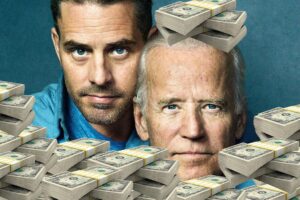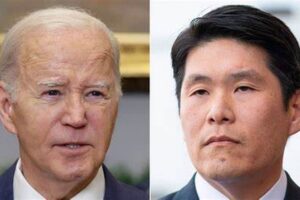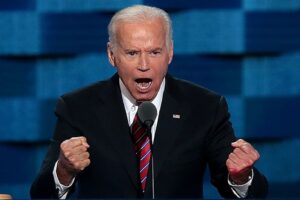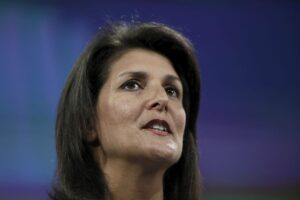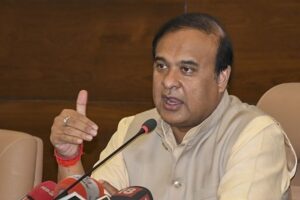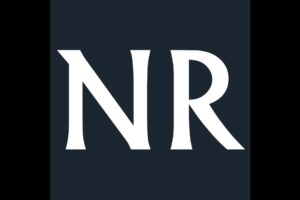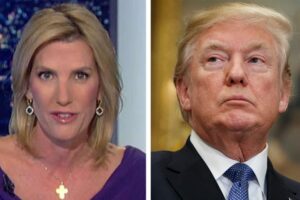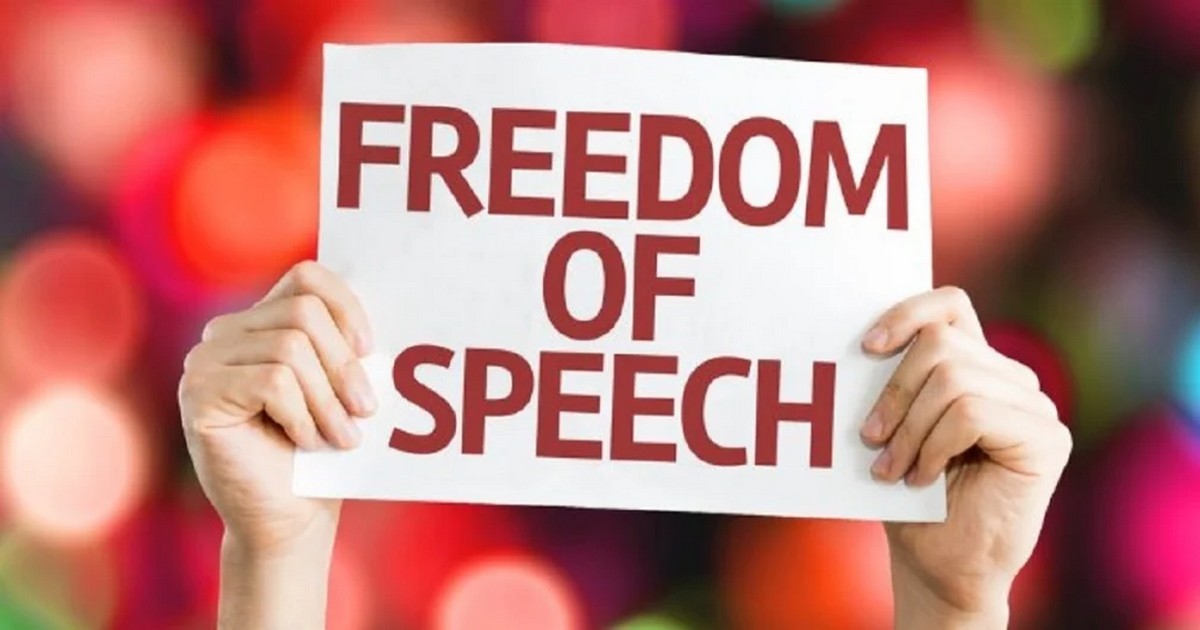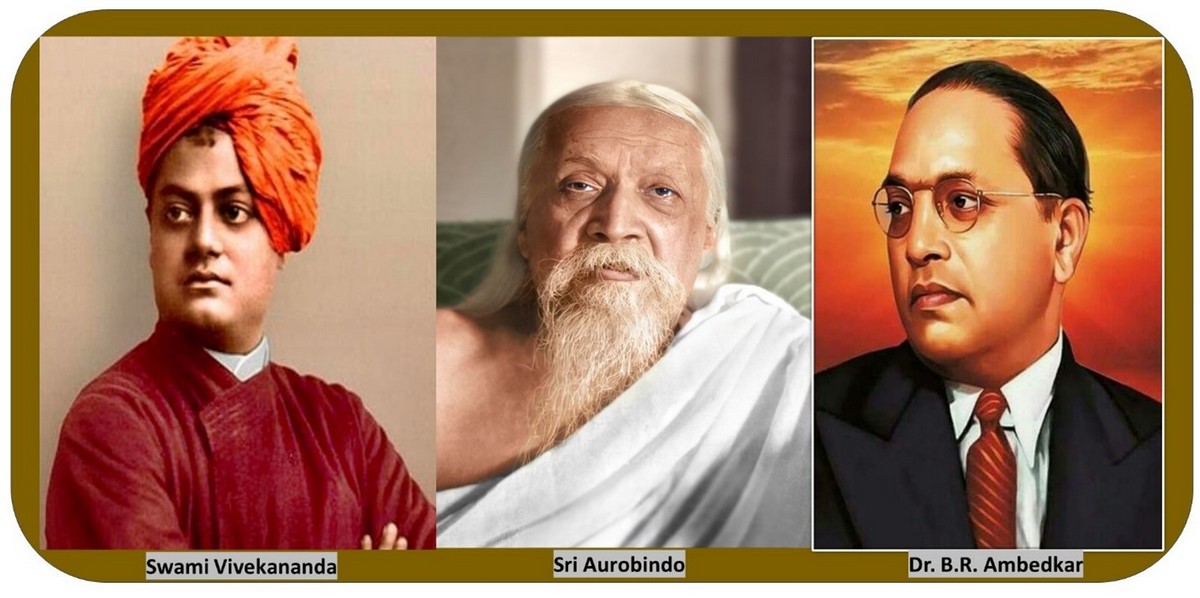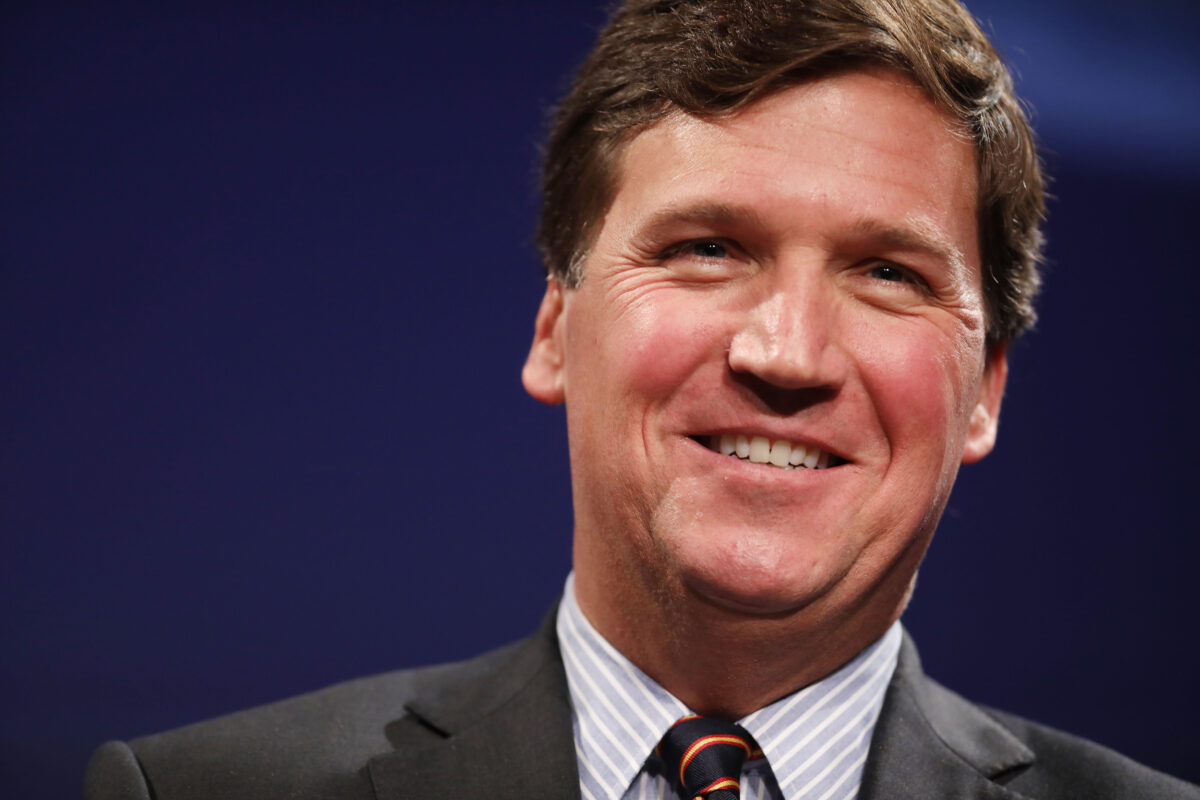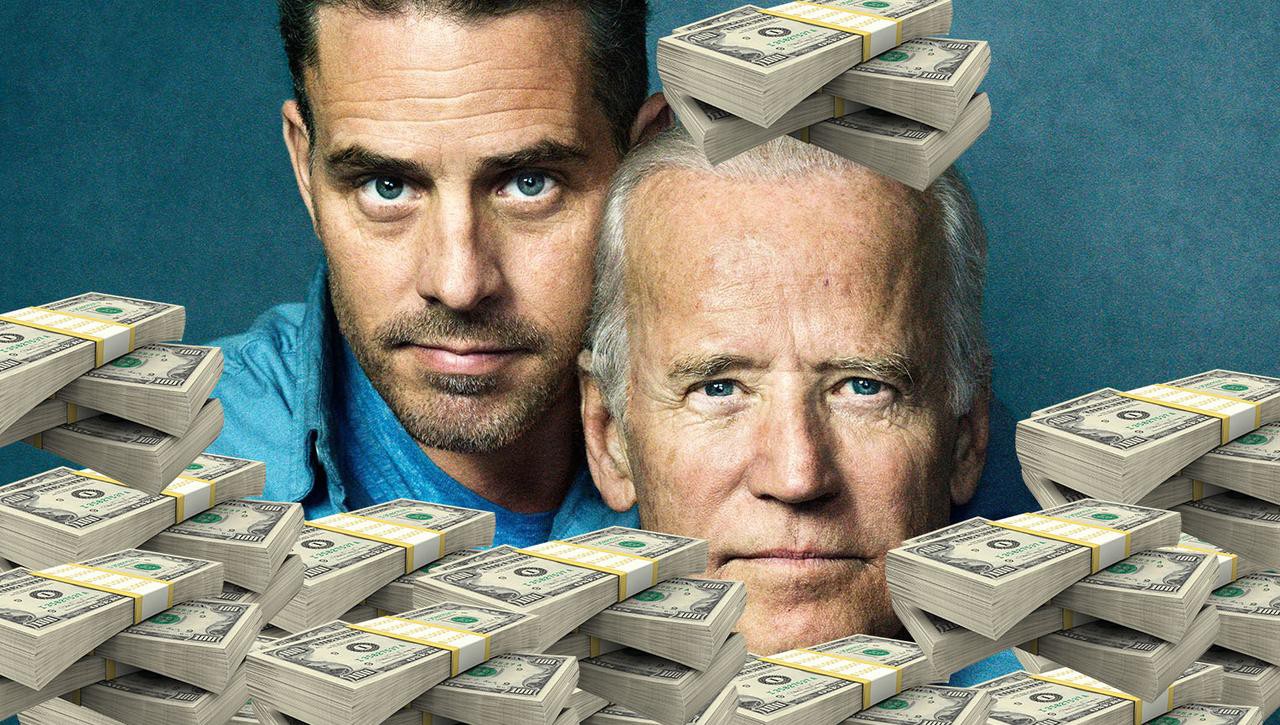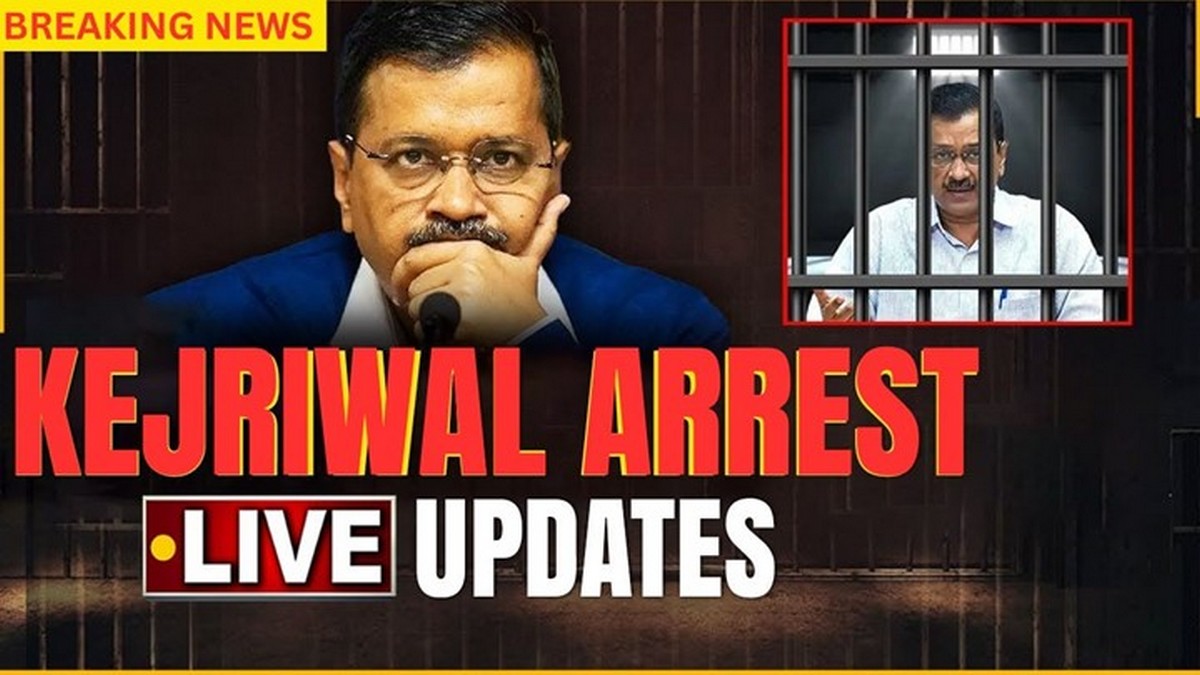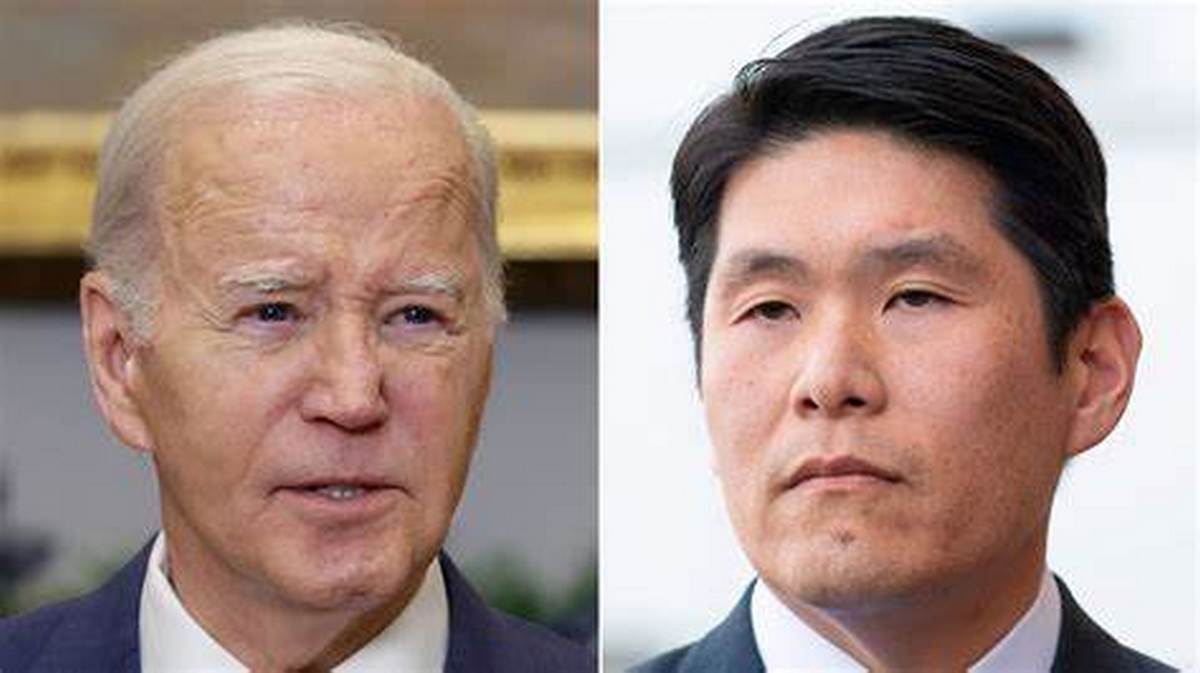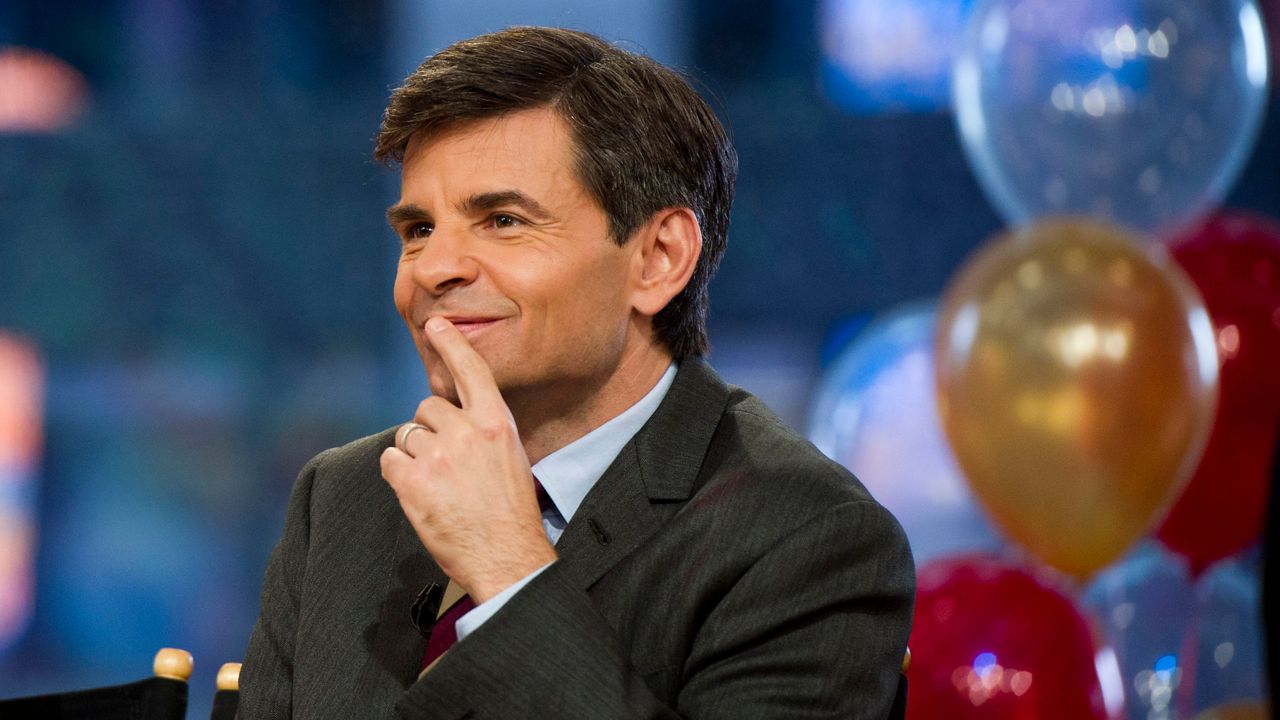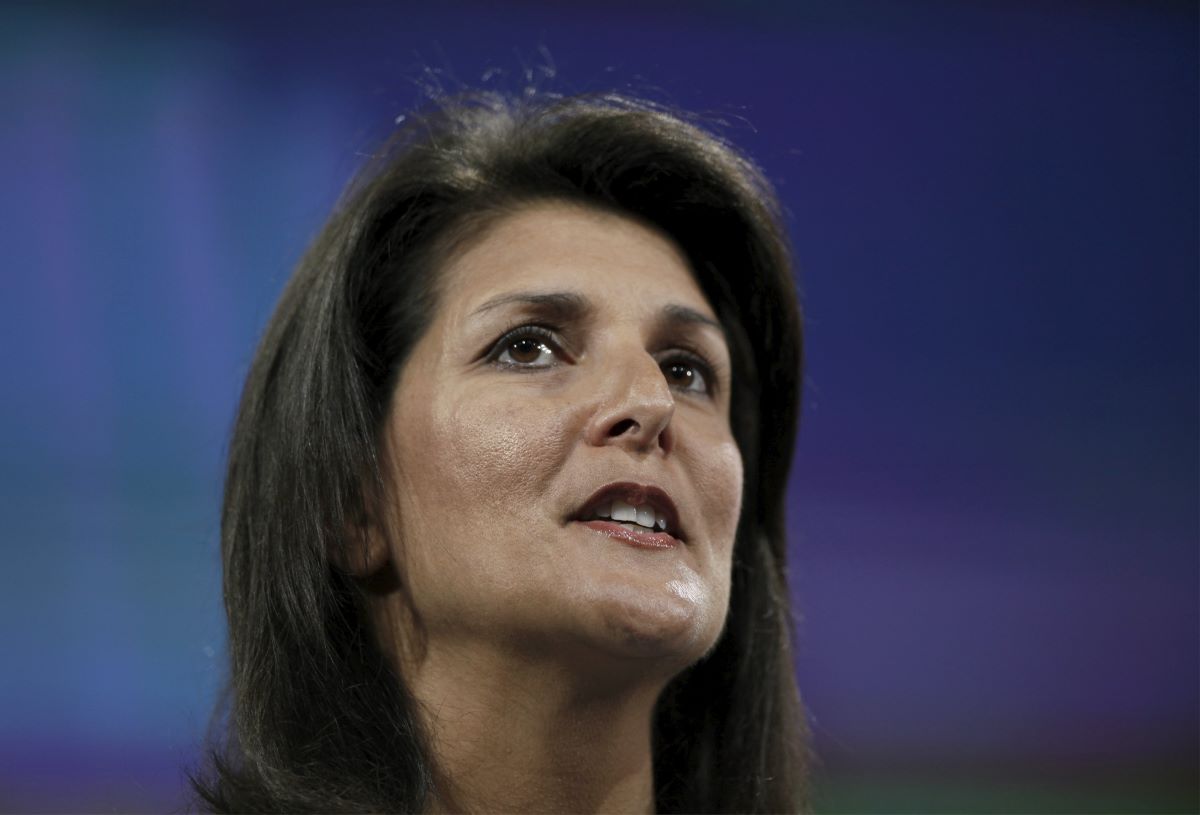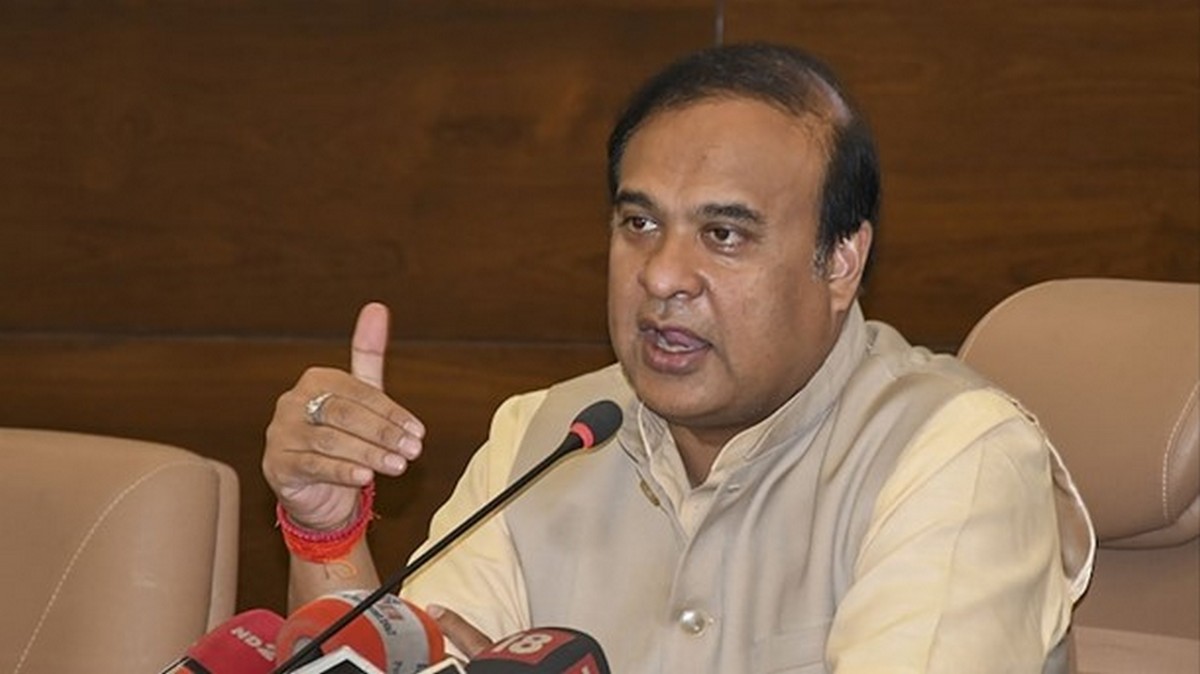Free speech is the fundamental right to express one’s thoughts and opinions freely, without fear of censorship or punishment. It is a cornerstone of democratic societies and is seen as essential for the functioning of a free and open society.
Free speech is essential for the exchange of ideas and the pursuit of truth:
Free speech allows people to express their thoughts and opinions without fear of reprisal, and it encourages the exchange of ideas and the questioning of authority. This is essential for the pursuit of truth and the growth of knowledge, as it allows people to challenge conventional wisdom and to explore new ideas. Without free speech, people may be afraid to express their thoughts or to question the status quo, which can stifle intellectual and social progress.
Free speech allows for the expression of diverse perspectives:
Free speech allows for the expression of a wide range of perspectives and viewpoints, which can be essential for understanding complex issues and for making informed decisions. Without free speech, people may only be exposed to a narrow range of viewpoints, which can limit their understanding of the world and their ability to think critically.
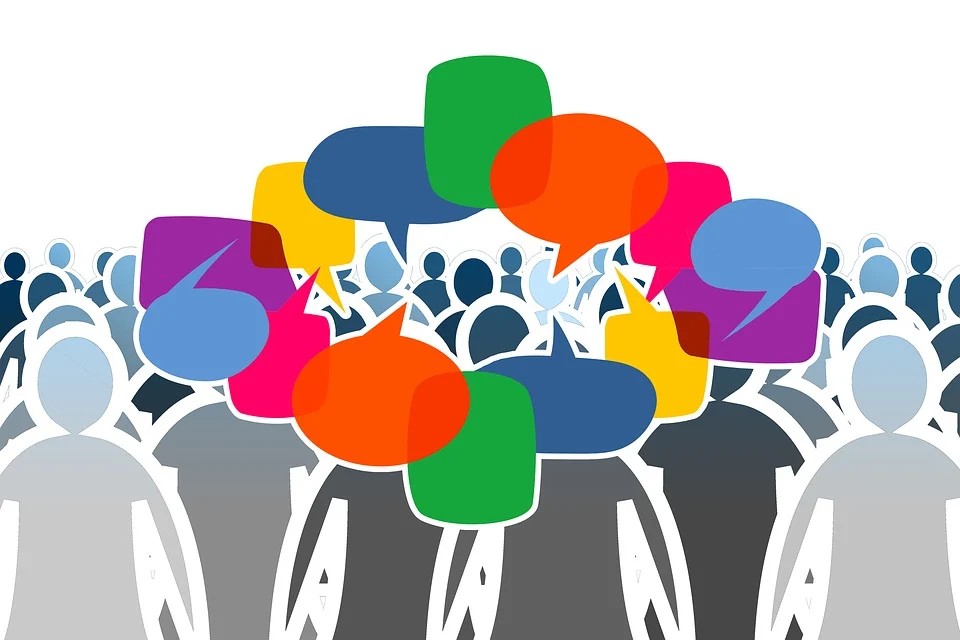
Free speech is essential for the functioning of a healthy democracy:
In a democratic society, free speech is essential for the functioning of a healthy and open political system. It allows for the expression of diverse viewpoints and the exchange of ideas, which can help to inform the decision-making process and to hold politicians and other public officials accountable. Without free speech, people may be unable to express their concerns or to participate fully in the political process, which can undermine the legitimacy of democracy.

Free speech is a fundamental human right:
Free speech is recognized as a fundamental human right by many international organizations and national constitutions. It is protected by international human rights instruments such as the Universal Declaration of Human Rights and the International Covenant on Civil and Political Rights, which state that everyone has the right to freedom of expression and the right to seek, receive, and impart information and ideas of all kinds. The protection of free speech is seen as essential for the protection of other human rights, such as the right to privacy, the right to freedom of religion, and the right to freedom of association.
Free speech promotes social and cultural diversity:
Free speech allows for the expression of diverse cultural and social perspectives, which can help to foster a more inclusive and tolerant society. Without free speech, people may be afraid to express their cultural or social identities, which can lead to a homogenization of society and the suppression of diversity.
Free speech can be a tool for social change:
Free speech can be a powerful tool for social change, as it allows people to express their grievances and to advocate for change. Throughout history, people have used free speech to raise awareness about social and political issues and to mobilize support for change. Without free speech, people may be unable to speak out against injustice or to advocate for the causes they believe in.
Free speech can be abused:
While free speech is a fundamental right, it is not an absolute right, and it can be abused. In some cases, free speech can be used to incite violence or to promote hatred or discrimination against certain groups of people. In these cases, it may be necessary to place limits on free speech in order to protect public safety and the rights of others. However, it is important to ensure that any such limits are narrowly tailored and do not unduly restrict the right to free speech.
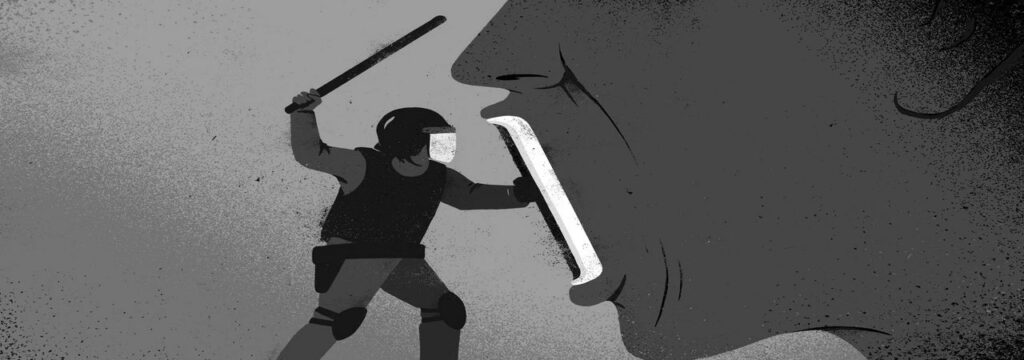
Free speech can be threatened by government censorship:
One of the main threats to free speech is censorship by the government or other authorities. Governments may censor speech for a variety of reasons, including to protect national security, to preserve social stability, or to promote certain political or cultural values. In some cases, censorship can be justified on the grounds of protecting public safety or preventing harm to others, but it is important to ensure that such censorship is narrowly tailored and does not unduly restrict the right to free speech.

Free speech can be threatened by private censorship:
In addition to government censorship, free speech can also be threatened by private censorship, such as that exercised by media companies, internet service providers, or social media platforms. Private censorship can be motivated by a variety of factors, including commercial interests, political biases, or cultural values. While private entities have the right to set their own policies and standards, it is important to ensure that they do not unduly restrict the right to free speech.
Free speech can be protected through legal and institutional mechanisms:
There are several legal and institutional mechanisms that can be used to protect free speech. These include constitutional protections, such as freedom of speech clauses, as well as laws and regulations that ensure the independence of the media and the freedom of information. In addition, there are a range of civil society organizations, such as media watchdog groups and human rights organizations, that work to defend free speech and to raise awareness about threats to this right.
In conclusion, free speech is a fundamental right that is essential for the functioning of a free and open society. It is threatened by government censorship and private censorship, and it can be protected through legal and institutional mechanisms. It is important to ensure that free speech is protected and that it is not unduly restricted by governments or other authorities.
Visits: 10








